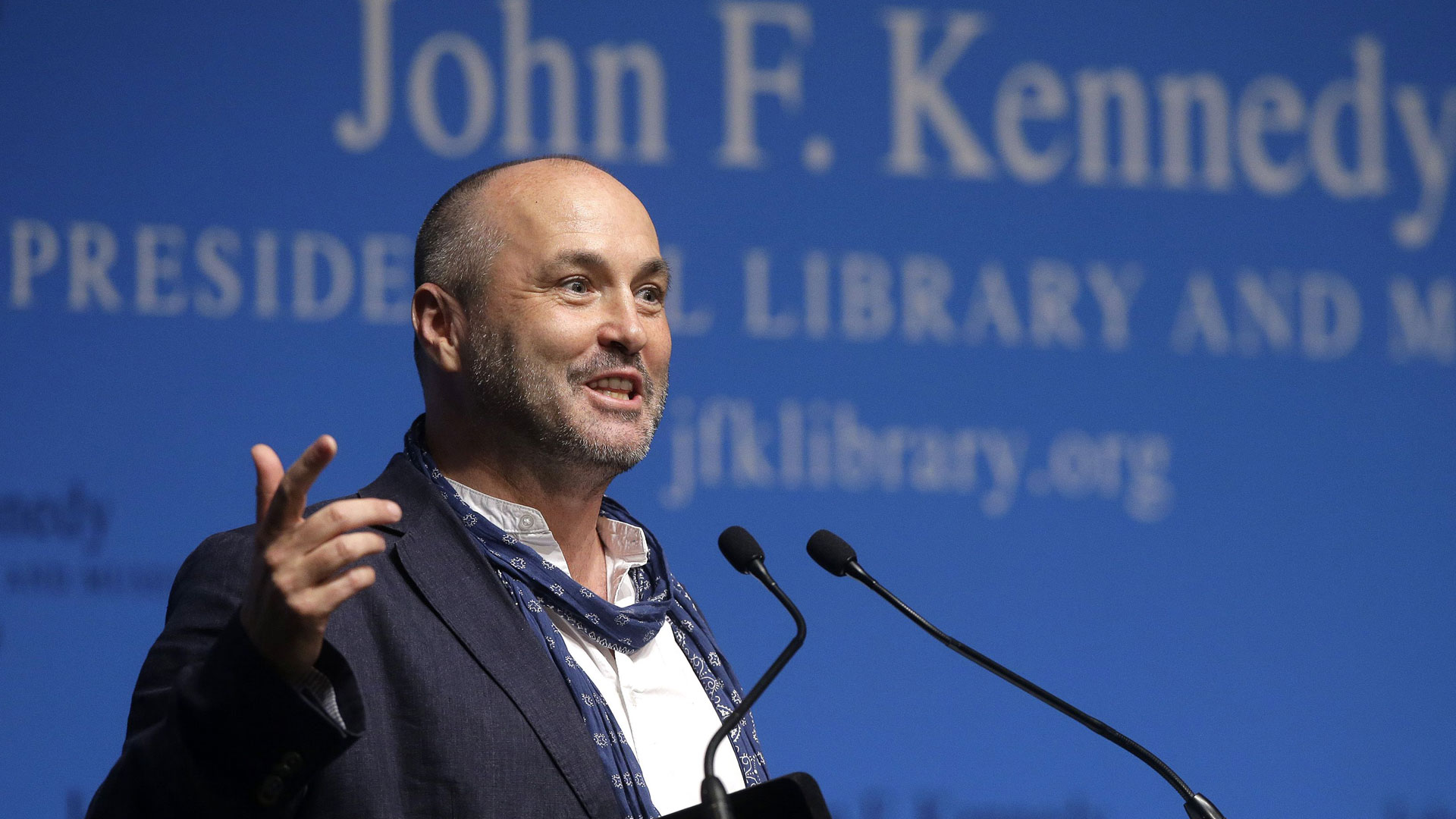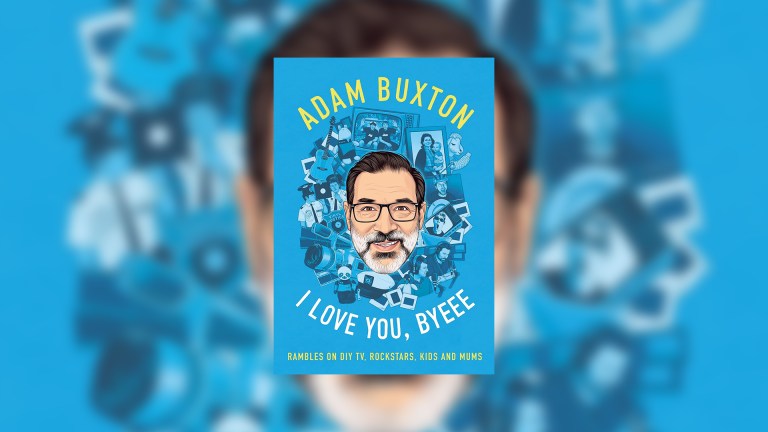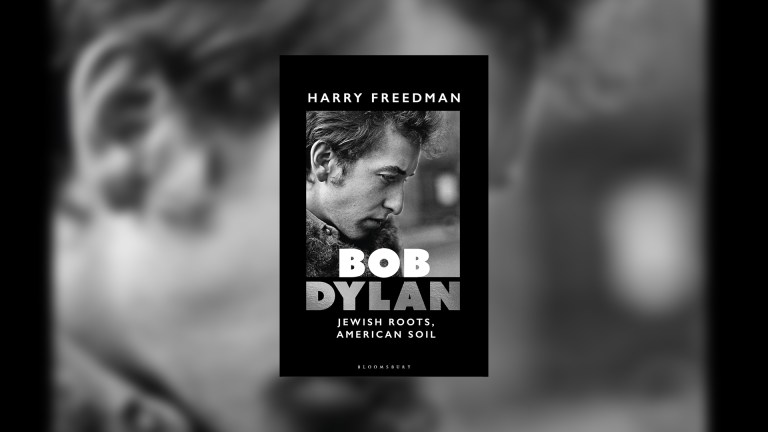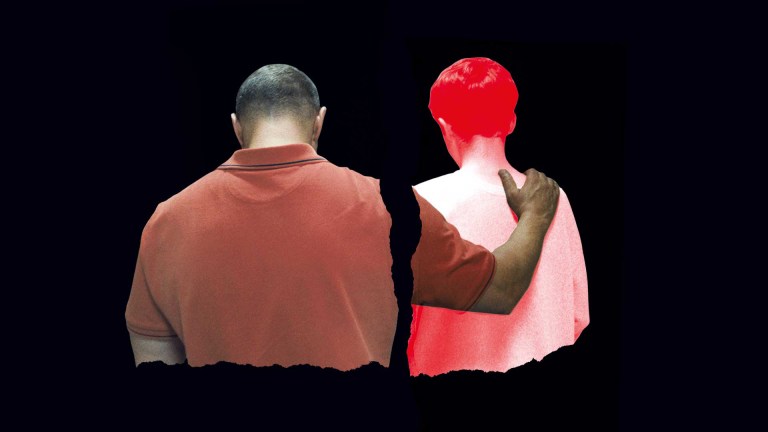One of McCann’s key pieces of advice in the new book is to read, ‘The greater the agility of your own reading, the greater the elasticity of your own work’.
“The more we read the smarter we’re likely to be,” he says. “Just so long as we’re not remaining in our neat little boxes of privilege and politics and those things that limit us.”
McCann, who followed his late father by starting out as a journalist in Dublin, has never been afraid of looking beyond his neat little box. Arriving in America a generation ago, he cycled for two years across the country, then lived in Japan.
More recently, he has built an organisation called Narrative 4, using storytelling to inspire social change through what he calls ‘radical empathy’. The idea is that if people from conflicting backgrounds tell each other’s stories, they reach new levels of understanding.
It grew out of work he had done in Sandy Hook. After the school massacre, when Adam Lanza murdered 20 children and six teachers, McCann was contacted by teachers at Newtown High, the local senior school. They found the only way to reach the pupils about grief and recovery, to share the reality of what had visited their town, was to use McCann’s mesmeric 2009 novel Let the Great World Spin. McCann accepted an invitation to speak – it was difficult but “profoundly touching” and so Narrative 4 grew.
“Sandy Hook is incredibly important to me for numerous reasons,” he says. “Recently, we brought together people on both sides of the gun debate. One was Todd Underwood, a Trump supporter, conservative, he has his website and sells guns – he sold on the rifle that killed Trayvon Martin. We matched him with Carolyn Tuft, who was shot in the Utah mall massacre, her daughter shot and killed in front of her. Carolyn had so much buckshot in her body she got lead poisoning.
Advertising helps fund Big Issue’s mission to end poverty
“Todd tells Carolyn his story, she tells hers and they get back in the group to explain each other’s story from the other’s point of view. Carolyn tells Todd’s story, then Todd gets up. He says, ‘Hi, my name is Carloyn Tuft’. He’s silent for almost a full minute. Fucking heartbreaking, you could have heard a pin drop. And everybody is in floods of tears as everybody knows that the impact has just hit him. When you tell a story you restore yourself in certain ways.”
There might be a third life for Let the Great World Spin, a paean to New York post-9/11 told looking back as Philippe Petit tight-roped across the Twin Towers. McCann has worked on a script with Hollywood heavyweight JJ Abrams (“a good friend, he’s one of our great storytellers. I want to see him get off the spaceships”) but McCann urges us not to hold our breath.
He was silent for a full minute… Everybody was in floods of tears as they realised the impact had just hit him
Before then, he’s working on a novel about Palestine and Israel (“go figure that out!”) It might be a while, he says.
McCann’s novels are ultimately guided by hope. Each makes us look up – into the sky to see Petit in Let the Great World Spin, or the path of Alcock and Brown’s world-changing first flight across the Atlantic in Transatlantic, and George Mitchell as he criss-crosses the same stretch trying to fix the unfixable. Where will we look up in his next book?
“I went [to Israel] recently. Where I was is on a migratory superhighway, about half a billion birds go over Jerusalem and Bethlehem. I think there is a tremendous image of all these people looking up, up.”
With McCann, there is always hope.
Advertising helps fund Big Issue’s mission to end poverty
Letters to a Young Writer (Bloomsbury, £12.99) is out now










